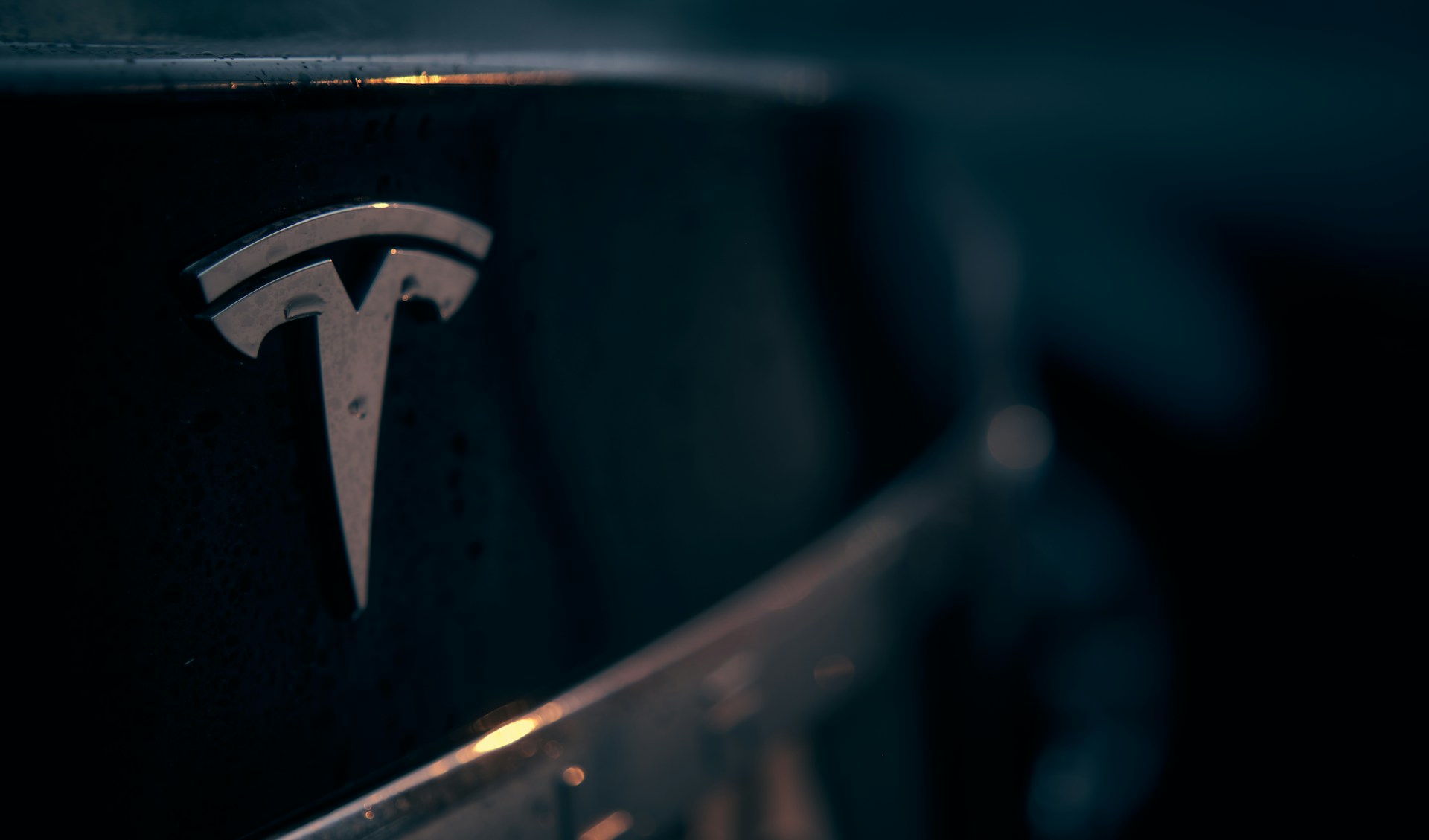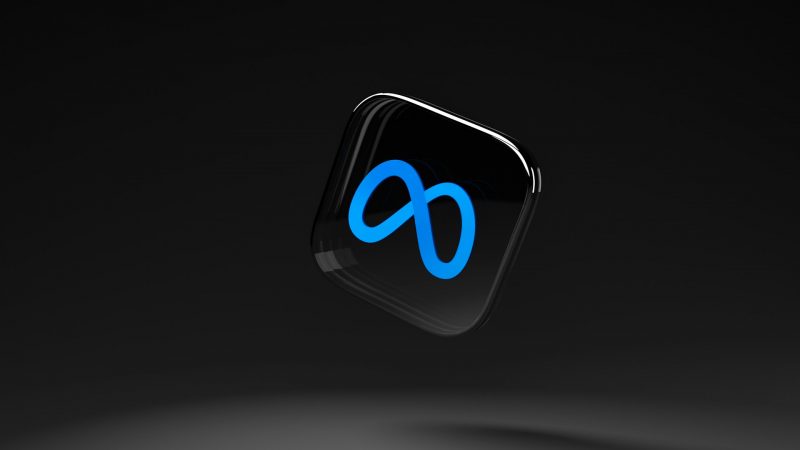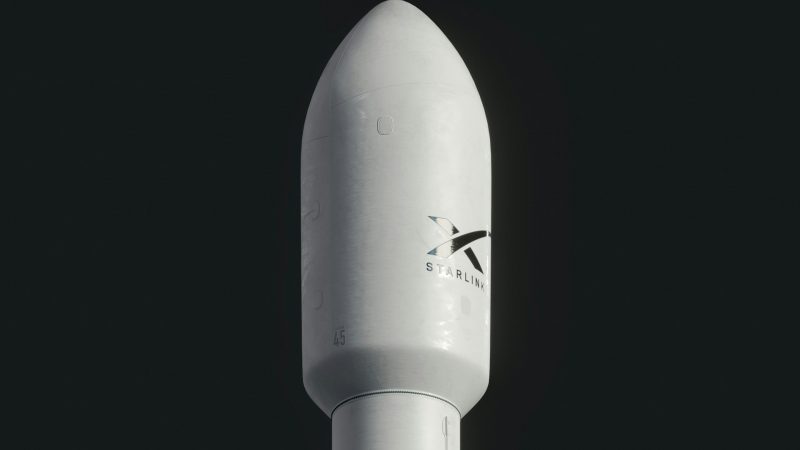Tesla Faces Setback in Trademark Battle Over ‘Robotaxi’

Tesla has encountered a legal setback in its push to trademark the term “Robotaxi.” The U.S. Patent and Trademark Office has rejected the company’s application, arguing that the word is too generic. According to the office, “Robotaxi” is commonly used to describe autonomous vehicles that transport passengers, and therefore, it cannot be owned as a brand name by a single entity. Tesla now has up to six months to present a formal counterargument.
Despite this rejection, Tesla still hopes to register “Robotaxi” as a brand for its planned autonomous ride-hailing service. That application is currently under review, with no final ruling issued yet.
Trademark Trouble With ‘Cybercab’
This is not Tesla’s only trademark hurdle. In October, CEO Elon Musk unveiled a prototype of a two-seater vehicle without a steering wheel or pedals, which he dubbed the “Cybercab.” Tesla also submitted an application to trademark that name. However, the process has hit a roadblock. The patent office has temporarily paused the evaluation of the “Cybercab” trademark due to concerns over potential confusion with other similar registrations.
Pilot Launch of Robotaxi Service Set for June
Tesla plans to launch a limited Robotaxi service in Austin, Texas, at the end of June. Initially, the fleet will consist of 10 to 20 modified Model Y vehicles. Musk claims that most new Tesla models already have all the necessary hardware for autonomous driving, which could soon lead to millions of self-driving Teslas on public roads.
Skepticism From Industry Experts
However, not everyone shares Musk’s confidence. Industry analysts and rival developers have raised doubts about Tesla’s approach to full autonomy. While Tesla’s system relies solely on cameras, other companies working on Robotaxi technology supplement their vehicles with additional tools like lidar—laser-based sensors that map surroundings in high detail. Critics argue that depending exclusively on cameras may not deliver the accuracy needed for safe autonomous driving. Musk, however, has consistently dismissed those concerns.
The road to a fully autonomous ride-hailing service remains long and uncertain. But for Tesla, securing branding rights is just one of many battles in the race to lead the future of driverless transportation.




